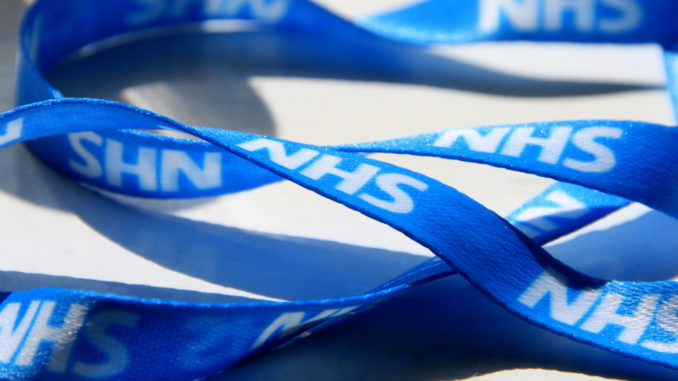
Community leaders have accused GP practices of “not delivering for patients they are supposed to be serving”, as people struggle to get appointments, particularly face-to-face ones.
A meeting of North Yorkshire County Council’s Thirsk and Malton Constituency Committee heard while GPs are dealing with unprecedented increases in patient numbers with limited resources, allowing GP practice businesses to have a monopoly over healthcare across vast areas in North Yorkshire was “wrong”.
The claims follow the government unveiling its Plan for Patients two weeks ago, to improve access to primary care, in which GPs will be able to take on extra staff, including senior nurses, offer same-day GP appointments when needed and a limit of a two week-wait for a routine appointment.
GP leaders have responded by condemning the proposals to impose a two-week target for access to appointments and a requirement for same-day access for urgent patients as “tone-deaf”.
Sheriff Hutton and Derwent councillor Caroline Goodrick told the meeting “lots and lots and lots of angry people” had contacted her about access to GPs, which involved a multi-site practice with 19,500 patients.
She said: “You’re either with that practice or there’s no provision. It’s a monopoly, it’s wrong because it’s not delivering for patients that it’s supposed to be serving.”
Councillors said one “pay-off for having less access to services in rural areas” was patients expecting to know their GPs on a one-to-one basis.
However, with surgeries being run as private businesses, councillors said GP provision had gone quickly to being limited to conversing with “somebody on the internet who could be anywhere in the country to diagnose whatever you’ve got”.
They concluded while the changes were enabling GPs to see more patients, people could not longer build trust with a doctor, meaning patients were less likely to seek help.
Councillors heard the county council would examine issues surrounding GP surgeries’ provision in different parts of the county and compare them against regional or national averages.
The meeting heard officers state how “national averages could mask regional variations” and, after collecting service provision figures, the council could contact both the local medical committee of GPs or the NHS commissioning body to say “we don’t beieve they are fulfilling their side of the bargain”.
NHS North Yorkshire has been approached for a comment.
NHS providers, the representative body for general practice and trusts, has described debate on access to NHS services following Covid, and in particular face-to-face GP consultations as “divisive”, and stirring up a “blame game” which risks setting patients against healthcare professionals.
NHS providers spokesman said: “In some cases it is pitting healthcare professionals against one another, at a time when we really need to stick together. It detracts from the real issue: an underfunded, overworked and understaffed – yet highly valued – service that is doing its best for patients under significant strain.”


Be the first to comment